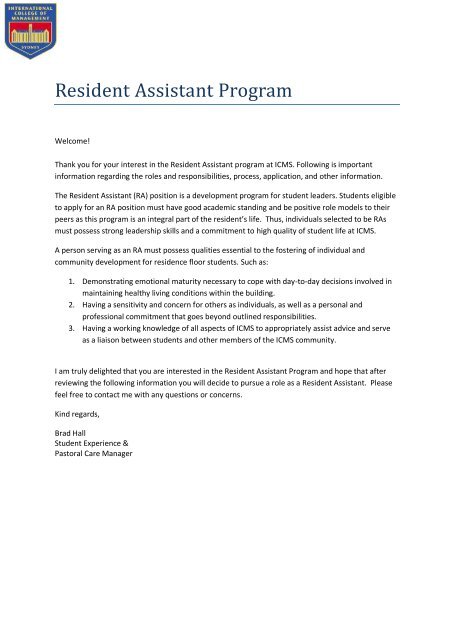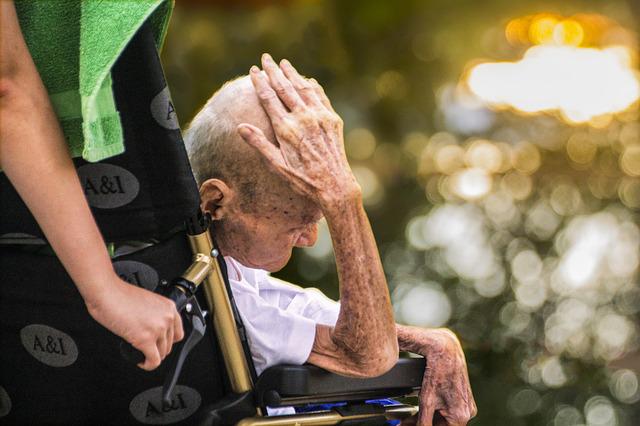
A home-care nurse is a healthcare professional who provides care at the patient's house. They perform vital checks and assess the patient's pain levels. They help the patient learn how to take care themselves and coordinate their care with other medical professionals. There are many different specialties in nursing, but home health aid is the most well-known. Before you become a home health aide, find out more about this specialty.
RN
While there are many duties that a RN can perform in home care, the primary responsibility is to coordinate and supervise the care of patients at their home. The home health aide performs a wide range of tasks including the preparation, implementation, and monitoring of the patient's condition. They also contact family members and healthcare professionals in an emergency. The RN for homecare also supervises task-based nursing care.

Licensed practical nurse
A Licensed Practical Nursing is a great option if you are looking for reliable care for your loved one. Licensed practical nurses are qualified to provide many types of nursing care. A practical nurse is someone who assists patients in daily activities, such as dressing and bathing. They may also do various types of health screenings like detecting early signs of disease or risk factors. Practical nurses are licensed to provide home care for patients with chronic conditions such as diabetes, cancer, and other diseases.
Home health aide licensed
The New York State Home Care Worker Registry requires applicants to have a high-school diploma in order to become licensed home health aides. A year of experience in home care is recommended, as is basic English language and math proficiency. At least 18 years of age, the applicant must be certified in CPR/Basic Life Support. To verify that the applicant has reached the age of 18, a government-issued photo ID must also be presented.
RN in a specialty tracks
RNs in a specialty track for home care have a number of different job titles. Some work in clinical settings, while others work in management roles. In the latter, they manage nursing staff and provide patient care. A clinical nursing specialist might also have specialized roles in the areas of mental health, pain management or rehabilitation. Many nurses go on to pursue a certification as a clinical nurse specialist to further their career.
Salary range
Home health nurses provide a range of services, including monitoring patients' conditions and administering medication. They are able to work with families or other caregivers and provide personal care. Patients are all ages, from babies to the elderly to those who are chronically ill or healthy. Listed below are some benefits of working as a home health nurse.

Perspectives on the job
The demand for home care nurses is expected to increase as the population gets older. Home health agencies will need nurses who can provide care for patients. These nurses may be trained to manage chronic conditions such as dementia or heart disease. According to the Nurse Journal the job outlook is positive for home care nurses. There will be an increase in employment of RNs across all industries. Also, there is an increase in people who have chronic diseases such Alzheimer's or diabetes.